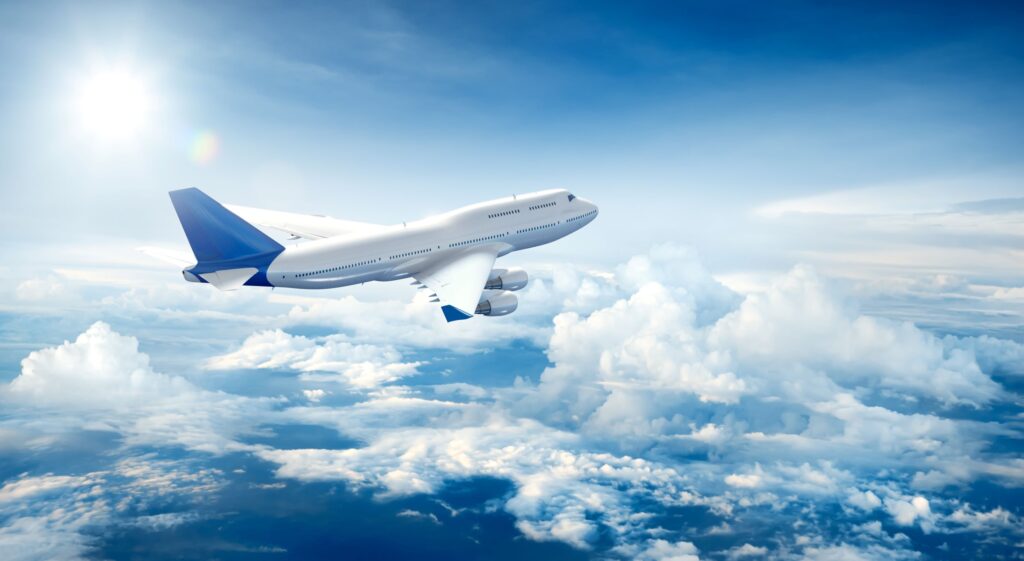
Many people feel anxious about upcoming dental procedures, especially if they are having one or more teeth extracted. It’s natural to worry that the procedure will be painful or require a long recovery, though usually, that’s not the case. However, it is important to give yourself enough time to heal after having a tooth removed before re-engaging in normal activities.
Taking time off work to rest can be challenging if you’re a busy professional. As a result, many patients who must travel for employment wonder whether it’s safe to fly immediately after their procedure. Continue reading to learn more about why it’s not usually recommended!
Can I Fly After a Tooth Extraction?
Although it’s physically possible for you to board a flight following your dental extraction, your dentist probably would advise against it. You need to give your body a chance to rest so your mouth can begin mending itself.
Once your tooth has been removed, you must form a blood clot over the site to protect the recently exposed nerves and bone tissue. If this clot is damaged or pushed out of place, you could develop an incredibly painful complication known as dry-socket, which can last for 7 to 10+ days. Anything that elevates your heart rate or blood pressure can cause problems and delay your healing by a week or more.
Unfortunately, the changes in altitude and air pressure in the cabin of a plane can potentially dislodge the blood clot that’s essential to recovering after your troublesome tooth is pulled.
When Can I Safely Fly After a Tooth Extraction?
Usually, it’s better to wait 24 to 48 hours before resuming your usual activities after such a significant procedure. While this might inconvenience your schedule, doing so can help you avoid adverse effects after your appointment. After a few days, the risk of dry socket and infection drops considerably, so you can safely head back to the airport.
Then, you might want to follow these helpful tips to ensure you remain comfortable once you start traveling again:
- Pack what you need. Including a few dental essentials in your carry-on can keep you comfortable. You might want to bring over-the-counter pain relievers, extra gauze in case of bleeding, and a refillable water bottle so you have plenty of H2O and don’t have to drink sugary in-flight sodas.
- Watch what you eat. Overly hard or sticky foods like nuts and candy can damage or dislodge your blood clot, so they should be avoided. Also, stick to mild foods that aren’t too hot or cold.
- Don’t use a straw. The suction force generated when drinking from a straw can injure your blood clot.
- No smoking. Not only can dragging on a vape or cigarette hurt the clot, but tobacco products also contain nicotine, which can hinder healing.
By waiting a few days after your extraction to fly, you give your mouth enough time to recover successfully!
About the Author
Dr. Shinwari has 15+ years of experience helping patients improve their daily quality of life by improving their dental condition. He initially completed his dental education at the University of Peshawar in Pakistan and then received additional training in Oral and Maxillofacial Surgery at Boston University. Now, he offers many specialty surgeries and procedures to safeguard your smile. Once he understands your unique concerns and goals, he utilizes state-of-the-art equipment to deliver accurate results intended to last. If you think you may need a dental extraction, you can request an appointment on the website or call (703) 574-4717.

